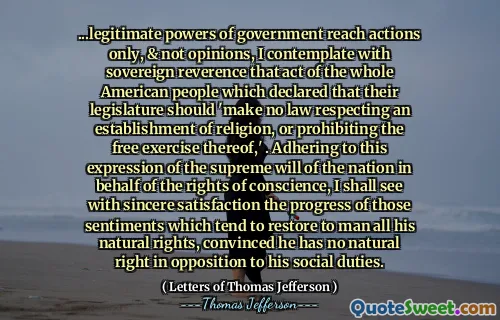One glance at any government budget anywhere in the world tells the story-the money is always in place, already allocated, the motive everywhere is fear, the more immediate the fear, the higher the multiples.
In Thomas Pynchon's "Against the Day," the author critiques governments by highlighting how budgets reflect pre-allocated funds driven by underlying fears. This observation suggests that financial resources are systematically designated, often in response to urgent concerns, impacting decision-making and priorities in governmental contexts. The recurrent theme of fear—whether immediate or looming—dictates how funds are utilized, indicating a reactive rather than a proactive governance style.
Pynchon implies that the allocation of resources is not just a matter of fiscal planning but is fundamentally influenced by a culture of anxiety. The urgency of fear amplifies the need for expenditures, resulting in higher allocations where there is perceived threat. This dynamic creates a cycle where the past and present fears shape future financial decisions, underscoring a pervasive atmosphere of uncertainty in public policy.





